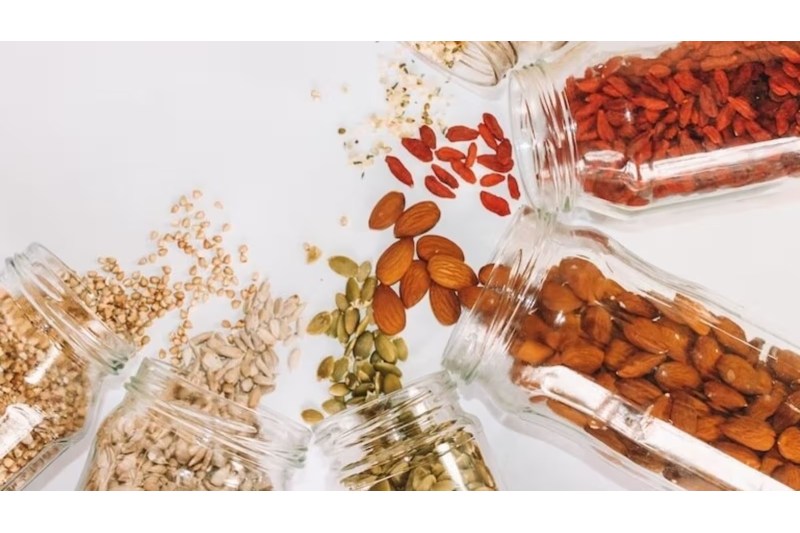5 Seeds That Help Control Blood Sugar | Tips For Managing Diabetes

Seeds For Diabetes Management: Known as one of the most prevalent diseases worldwide, diabetes is brought on by an excessively elevated blood glucose level in the body. Understanding the importance of making healthy food and drink choices and routinely monitoring your blood sugar levels are key components of managing diabetes. People of all ages can be affected by diabetes, which also has the potential to cause other chronic illnesses. Understanding the daily variables that affect blood sugar levels and how to control them is essential for managing diabetes. You have a lot of options for managing your lowering blood sugar levels. These are some seeds you should eat if you want to control your diabetes and blood sugar levels.
Seeds for the Management of Diabetes
1. Fenugreek Seeds
When it comes to diabetes management, fenugreek seeds can be very beneficial. Fenugreek seeds include fiber and other nutrients that may aid in slowing down the body’s absorption of sugar and carbohydrates as well as digestion. These seeds may enhance the body’s capacity to absorb sugar and may trigger an increase in insulin production.
2. Basil Plant Seeds
Because of their high fiber content, basil seeds may help control type 2 diabetes. Basil seeds can help reduce blood sugar increases if taken regularly before meals. Basil seeds can be ingested once a day by mixing them with warm water.
3. Caram Seeds
Ajwain, or carom seeds, has therapeutic qualities that aid in the management of diabetes. The National Institutes of Health (NIH) state that because ajwain oil’s antihyperglycemic action so strongly supports the substance’s capacity to lower blood sugar, its use as an antidiabetic drug may be further verified.
4. Pumpkin Seeds
The high magnesium content of pumpkin seeds lowers the risk of diabetes and aids in blood sugar regulation. They contain a lot of healthy fat and protein, which help control blood sugar levels.
5. Flax Seeds
Because flaxseeds are high in omega-3 fatty acids, fiber, and special plant chemicals that may enhance insulin sensitivity and blood sugar regulation, they offer a plethora of health benefits.